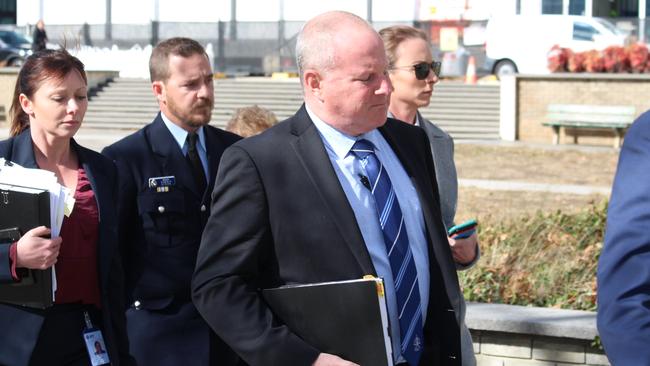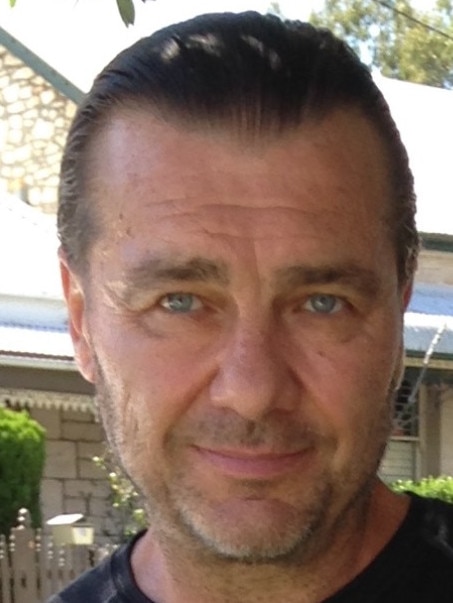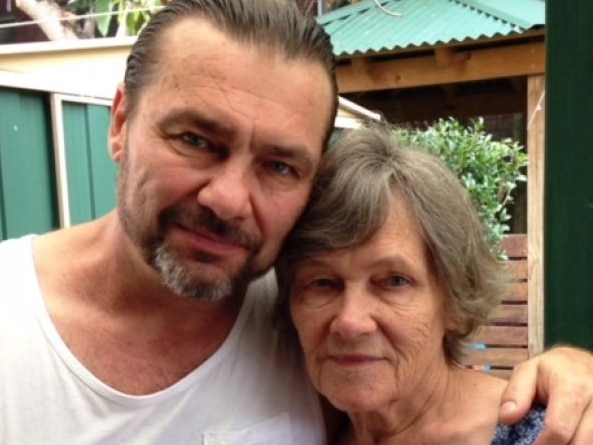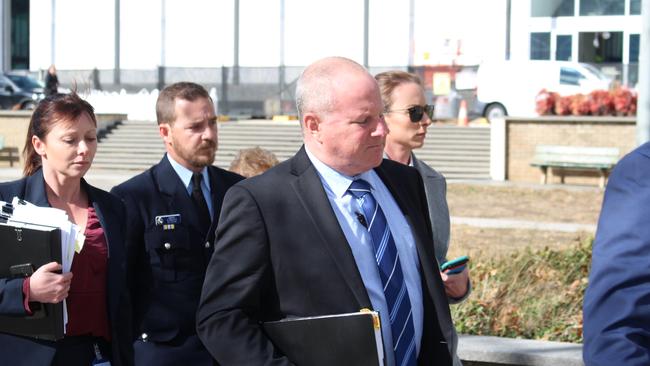ACT Coroner probes death of Anthony Caristo after police tasered him in the chest
An experienced paramedic has told a coronial inquest into the death of Anthony Caristo — who suffered a cardiac arrest when he was tasered by police — they were shocked at the amount of blood covering the home where he died.

Canberra Star
Don't miss out on the headlines from Canberra Star. Followed categories will be added to My News.
- Public servant’s ‘frenzied’ stalking behaviour revealed
- Police bust clandestine meth lab near Braidwood
- Charges laid over Charnwood stabbing murder
Paramedics who tried desperately to revive a man who had been tasered by police were shocked at the amount of blood covering his home, a coronial inquest has heard.
Anthony Caristo, 54, died of cardiac arrest in October 2017 after ACT police officer Acting Sergeant Nathan Macklin tasered him in the chest to stop him further injuring himself with the knife he was brandishing.

Intensive care paramedic John Killeen told the ACT Coroners Court on Tuesday his crew arrived at the Larakia St, Waramanga house, where Mr Caristo died within minutes of the emergency call being made.
“This case, we were called to an amputated finger, it wasn’t a tasering case until we arrived at the front door,” he said.
Mr Killeen has more than 30 years of experience as a paramedic and said the first thing he noticed walking into the premises was the amount of blood around he house.
“The first noticeable thing, of all things, was it was a timber type floor, smeared thinly with blood across the entire floor,” Mr Killen told investigators.
“He was covered in blood, virtually all over him.
Mr Caristo was face down on the floor, handcuffed, with his pinky finger cut off, cuts on his wrist and two taser barbs in his chest.

He had no pulse, and Mr Killeen said people in Mr Caristo’s condition had about a 2 per cent chance of being revived.
“As soon as I saw what it was I asked them to take off the cuffs,” Mr Killeen said.
Mr Killen said from the brief conversation he had with police officers when he arrived at the scene, “they believed he was conscious at the time”.
“When I think about it, and when we have talked about it, we thought there was nothing more that could have been done at the time,” he said.

Police officers earlier told the inquest Mr Caristo was “a little bit out of it” and that attempts to negotiate with him were “like talking to a brick wall”.
The inquest, before Coroner James Stewart, continues.
